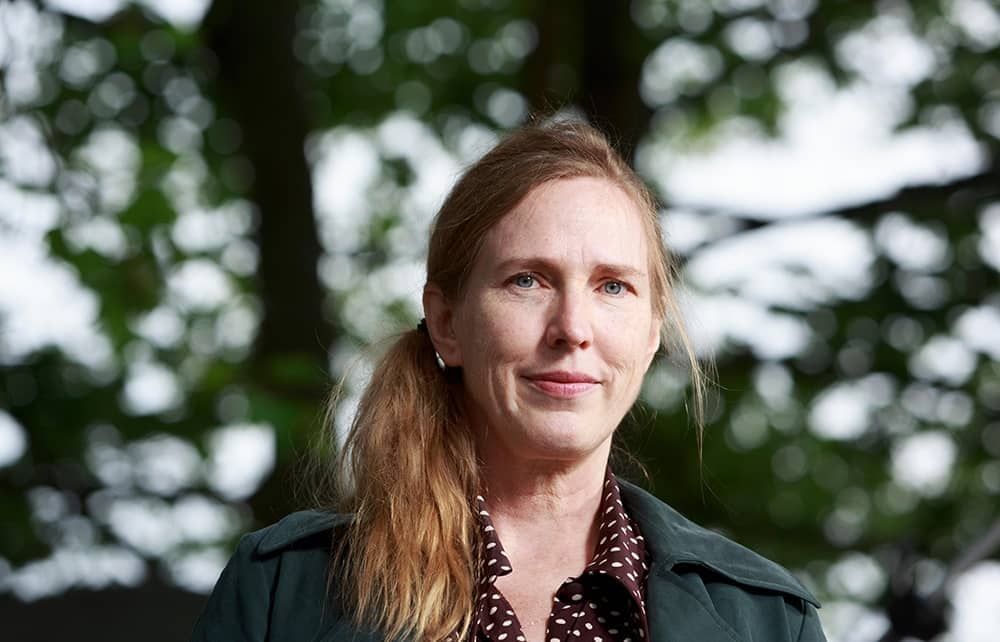Writing from a child’s point of view is a daredevil act that Miriam Toews raises the stakes on in her latest novel. The nine-year-old narrator is meant to have written the words that appear on the page. But then there is something inherently risky about Toews’s whole undertaking as a novelist. She has made her name in fiction that grapples with the restrictive Mennonite community in which she was raised – keeping faith with it and betraying it simultaneously. Her masterly Women Talking confronted the community head on, depicting the secret meetings of a group of women deciding how to respond to pervasive sexual violence. Now we move outside the community to Toronto, where Swiv, with her pregnant mother and her dying grandmother Elvira, a former Mennonite, try collectively to create a life with joy in it in the face of the traumatic ricocheting past.

Swiv has been expelled from school for fighting, and is being haphazardly educated by her grandmother instead (lessons include ‘How to dig a winter grave’). Her mother is full of grief and rage, following the suicide of her sister and the disappearance of her alcoholic husband. Swiv spends much time clearing up the debris after her mother destroys the flat in the night, as well as caring for her grandmother: ‘I have to lift up her rolls of fat to get in the creases, and even wash her giant butt and boobs.’
The book comprises letters that Swiv writes to her absent father, following the advice of the family therapist, and of recorded conversations with her grandmother. This is a family where wit is valued to the point of lunacy. Elvira believes it is through laughter that she can restore joy to their world after the men took it away: ‘They took our life force. And so we fight to reclaim it… we fight to love ourselves… we fight for access to God.’ Swiv’s writing feels convincing as that of a precocious child, wise beyond her years, trying hard to amuse her father, but also painfully ignorant about much of what she describes.
She is wilfully oblivious of sex, how-ever much her mother and grandmother like to talk about it. Any suggestion of it terrifies her, but she cannot keep it out of her writing because she knows it has such strong comic potential. At one point she is hurrying her grandmother off the bus because she’s embarrassed by her mother’s rage. Questioned as to why they’re getting off, she hastily announces that they’re going to the first place she catches sight of – ‘For Your Eyes Only’. Discovering that it’s a strip club, Swiv the girl is painfully embarrassed, but Swiv the narrator milks it in the deadpan style that’s key to her voice: ‘I walked a way down the sidewalk so nobody would see me standing outside For Your Eyes Only and left Grandma there struggling all by herself to live.’
Swiv’s voice is the great achievement of this wonderfully original novel, allowing the story to move from the everyday to the picaresque to the tragic, while remaining apparently effortlessly located in the unfolding life of a child. It’s this voice that allows Toews to celebrate love between the generations without lapsing into sentimentality. These are people who often find each other’s presence unbearable, but whose love is all the stronger because it overcomes this. Swiv is told by her mother: ‘What makes a tragedy bearable and unbearable is the same thing – which is that life goes on.’






Comments